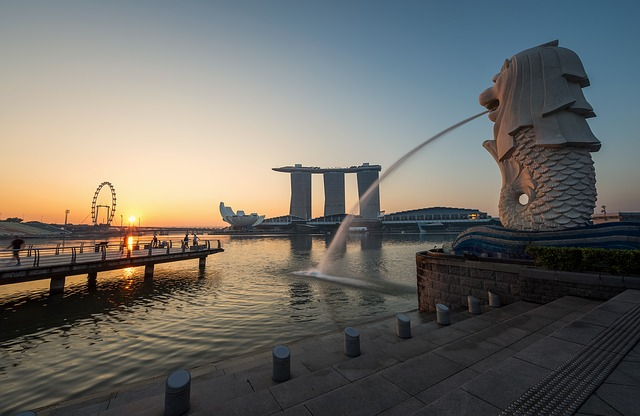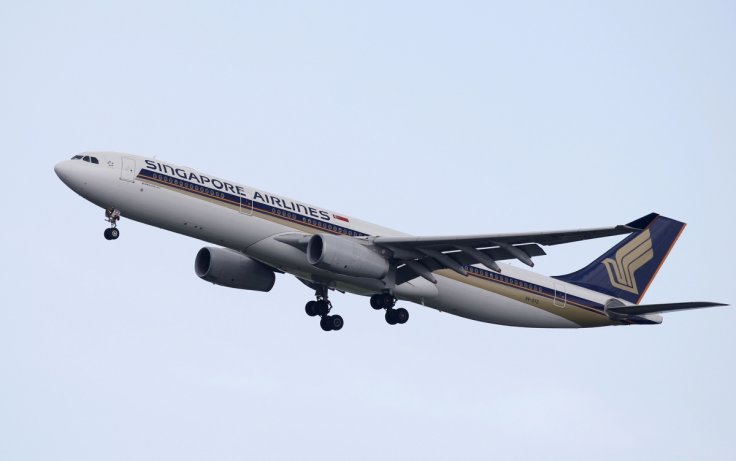On May 19, when Singapore Prime Minister Lee Hsien Loong announced the reopening of the Republic from June 2, albeit in a phased manner, most of the people in the country breathed a sigh of relief. The bustling life of Singapore had almost come to a standstill as Coronavirus pandemic, which originated in Wuhan, China, claimed a major stake in world's daily news.
As of June 1, although the cases of COVID-19 infections in Singapore were the highest among the South East Asian countries at over 35,000, most manufacturing facilities, businesses, and offices that do not involve large gatherings were allowed to reopen to lighten the strain on country's economy in Phase 1. The semiconductor industry, medical technology, finance, and IT sector received green light as the circuit breaker lightened. Schools and colleges were also allowed to open but with restrictions in place.

"MAS (Monetary Authority of Singapore) has allowed financial institutions to have some staff on-site to meet increased customer needs as more businesses restart operations," a central bank spokesperson said in a statement to Bloomberg. "We have asked financial institutions to continue to exercise discipline in the number of staff brought back onto work premises and meet strict safety management measures."
In Phase 2, which is likely to begin by the end of June, the retail sector, restaurants, sports facilities, and places of the religious congregation will reopen upon evaluating the situation.
Air travel to resume in June

Air-travel which was banned in April will soon resume in the city-state. Although the dates are yet to be announced, Singapore Airlines (SIA), the national carrier, and SilkAir will resume operations sometime this month upon regulatory approvals and depending on other countries' international flight resumption.
With Australia and New Zealand open for international flights, SIA will soon fly to Adelaide, Melbourne, Brisbane, Auckland and Christchurch under 'green-lane' plan. Under the plan, passengers will not be required to spend 14-day quarantine period. Green lane will later extend to Malaysia and South Korea.
"Reciprocal green lane agreements mean there must be a mutual assurance of each other's test protocol and standards. We are happy that we have been able to swiftly work on arrangements with China, and we hope to make progress with the rest of the countries," said Singapore Trade and Industry Minister Chan Chun Sing told media. He added that 14-day quarantine on both ends would be a tough ask, though.
Both the airlines — SIA and SilkAir — would also increase their list of destinations from 15 to 27 in June and July. "SIA and SilkAir will continue to adjust our capacity to match the demand for international air travel," an SIA spokesperson said.








